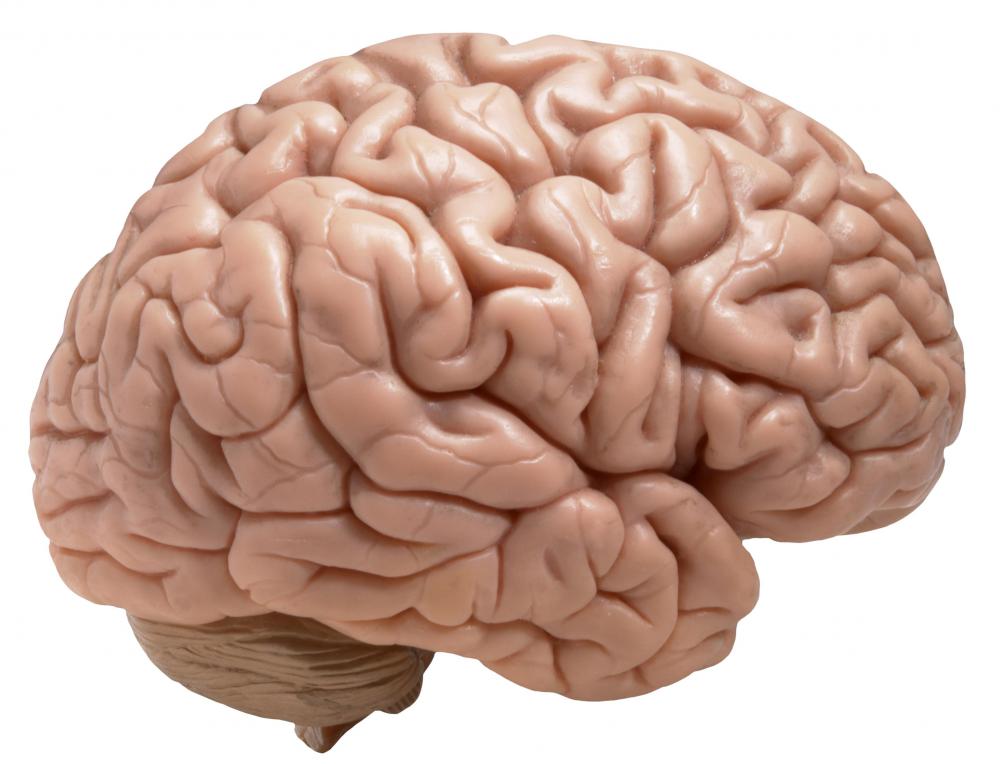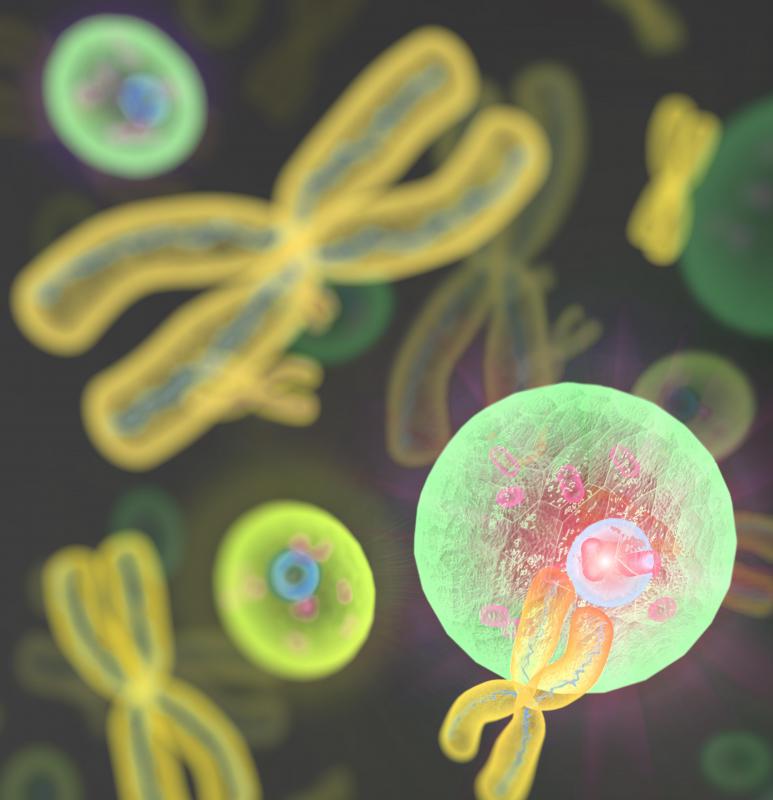At WiseGEEK, we're committed to delivering accurate, trustworthy information. Our expert-authored content is rigorously fact-checked and sourced from credible authorities. Discover how we uphold the highest standards in providing you with reliable knowledge.
What is MAO-B?
Monoamine oxidase B (MAO-B) is an enzyme used by the human body to degrade monoamines. It is found primarily in the nervous system and in the blood. MAO-B inhibitors are significant in the treatment of Parkinson's disease.
Monoamine neurotransmitters consist of a single amine group connected to a stable chemical ring. Different monoamines have separate functions depending on their structure. Important monoamines include dopamine, norepinephrine, serotonin, and melatonin. Monoamine oxidase uses an oxidation reaction to separate out the amino group, freeing it for use in another molecule.

MAO-B has fewer functions than its counterpart, MAO-A. Its most important unique role is the degradation of phenethylamine, a stimulant neurotransmitter found in chocolate. Like MAO-A, however, monoamine oxidase B also affects dopamine. The genes for both proteins are located on the X chromosome. The proteins themselves are usually bound to the outside of cellular mitochondria. Both MAOs are classified as flavoproteins because they contain flavin adenine dinucleotide (FAD), a relative of riboflavin (vitamin B2). It is the parts of these molecules containing FAD that function most actively in breaking down monoamines.

Drugs that stop MAOs from working are called monoamine oxidase inhibitors, or MAOIs. These drugs generally have stimulant properties. Monoamine oxidase B inhibitors increase the amount of dopamine available in the brain; this is how they alleviate the symptoms of Parkinson's. Rasagiline and seligiline, both MAO-B inhibitors, are common Parkinson's treatments, especially in combination with levdopa. Indeed, recent research has found that increases in MAO-B may be a direct cause of Parkinson's. Although treatment with only an monoamine oxidase B inhibitor typically proves insufficient to treat the disease, this may be because excess MAO-B has degraded too much of the available dopamine by the time the disease becomes noticeable.

Inhibition of this enzyme may also be responsible for some of the effects of tobacco smoke. Research has found that nicotine alone does not seem sufficient to produce the type of addiction caused by cigarettes. Some of the extra power of tobacco may come from its ability to prevent MAO-B and MAO-A from degrading dopamine in the brain. This added function may be one reason why products such as nicotine patches and gum do not work as well as they might. Recent studies have also shown that longtime smokers may have a lower risk of Parkinson's because of the inhibitory effects of smoking on MAO-B. Smoking more each day may not have a large effect on risk, but smoking over the course of many years does.
AS FEATURED ON:
AS FEATURED ON:













Discuss this Article
Post your comments